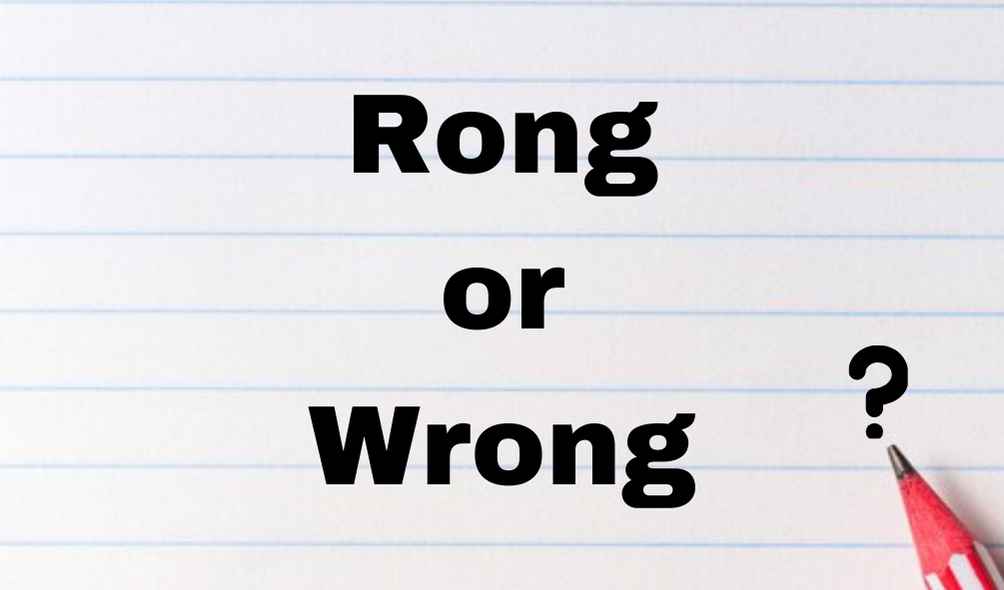What's the Difference Between "Rong" and "Wrong"?

Sometimes words can be confusing, especially when they sound alike. Let’s talk about two words that can get mixed up: “rong” and “wrong.” We’ll break down what each one means, show examples, and help you understand when to use them.
Understanding “Rong”:
“Rong” is not a real word in English. People might use it by mistake when they mean “wrong,” which means something is not right. Sometimes, though, people might use “rong” in casual talk or writing.
- For example: “You got the rong idea.”
Understanding “Wrong”:
Now, “wrong” is a real word with a clear meaning. It means something is not right or correct. Let’s see how it works in sentences:
- “It’s wrong to be mean.”
- “She gave the wrong answer.”
- “I made a wrong turn and got lost.”
Using “Wrong” Correctly:
Here are some examples of how to use “wrong” properly:
Saying Something is Not Right:
- Correct: “You spelled that word wrong.”
- Incorrect: “You spelled that word rong.”
Looking in the Dictionary:
- Correct: “The dictionary says ‘wrong’ means ‘not right.'”
- Incorrect: “The dictionary says ‘rong’ means ‘not right.'”
Read also : Which Is Correct? No Where or Nowhere
Different Ways to Use “Wrong”:
We use “wrong” in different situations:
When Something is Morally Not Right:
- Example: “Stealing is wrong.”
When Something is Factually Not Right:
- Example: “The answer is wrong.”
When You Make a Mistake in Direction:
- Example: “I went the wrong way and got lost.”
Conclusion:
Mixing up “rong” and “wrong” is common, but now you know the difference. “Wrong” is the right word to use when something isn’t correct. Remember these examples and use them in your writing and talking, so you always get it right!